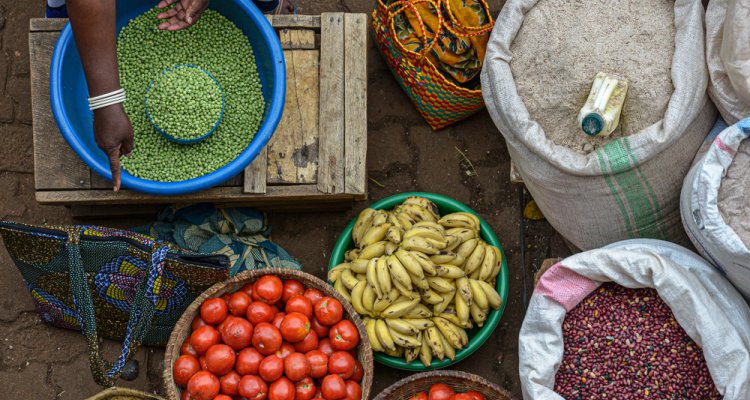
Project
Mainstreaming cold chains for horticulture in Rwanda
How can energy-efficient cold chains be mainstreamed in the horticulture value chains in Rwanda? Wageningen University & Research and Vanguard Economics, will provide technical assistance to the World Bank, to develop a roadmap.
Background
Despite strong economic growth and falling poverty levels, Rwanda faces significant challenges in meeting food demands and food security. Also malnutrition remains a concern with overall stunting rates at 38% of the population. The World Bank Group and government of Rwanda have set up the Sustainable Agricultural Intensification and Food Security Project to increase agricultural productivity, market access and food security in Rwanda. Among others they invest in postharvest handling and infrastructure, and development of the capacity of farmers and their organizations to get stronger and sustainable agricultural value chains. This led to the ambition to mainstream energy-efficient cold chains in Rwanda.
Approach
Wageningen University & Research and Vanguard Economics will provide technical assistance to the World Bank to identify opportunities for mainstreaming cold chains. The following activities will be undertaken:
- Analysis and mapping of the current landscape of cold chains along the horticulture value chains in Rwanda.
- Inventory of global existing and upcoming energy efficient technical cold chain solutions
- Inventory of global case studies on cold chains including type of technology, business model, critical success factors etc)
- Development of a roadmap
Next to focus on horticultural products, inventories of technology and case studies will be prepared for dairy and livestock. These inventories will be usable for Rwanda as well as Bangladesh.
Roadmap and inventories
The developed roadmap is targeted to be a strategic and yet practical advise on the implementation of energy-efficient cold chains in Rwanda. It will include recommendations how this can be supported by the government through means such as policy and access to finance.